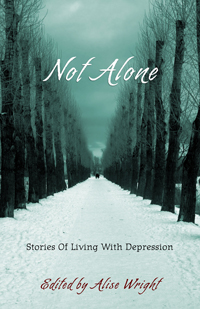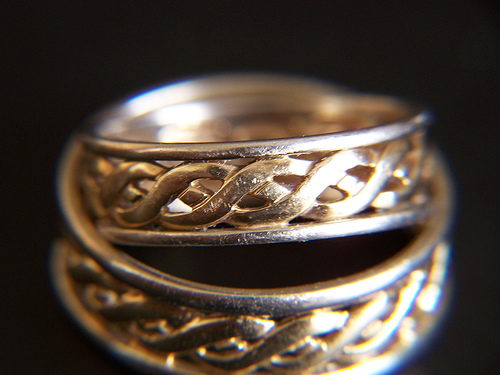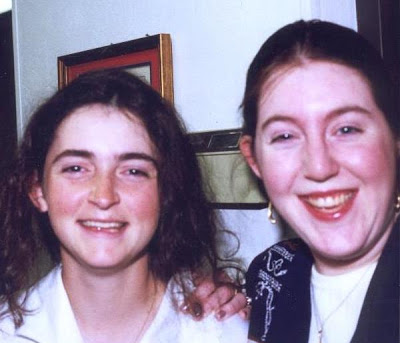Back in February, I announced that the Not Alone series was going to be made into a book and I asked you to consider either contributing to the book or looking for others who might want to share their stories.
The response was absolutely amazing.
As I’ve spent this month editing stories, I cannot tell you how many tissues I’ve gone through and how many times I’ve had to stop and walk away because of how affected I am. People have been extremely vulnerable with their essays and I can never thank them enough for the way they have poured out their souls into these words. It is a huge privilege to be a part of this project.
And so it is with great excitement that I am totally breaking my sabbatical (just for a second) to let you know that you can now pre-order the Not Alone book!

Really, if I’ve had any doubts about this project (and I imagine in the course of every project, those doubts creep up), they were put soundly to rest yesterday as I read through the comments to Tony’s post. Stories about depression strike at something deep. The isolation that Tony talked about (and that all of the other contributors have mentioned) is very real and the sense of relief that you feel when you see someone else verbalize it can be almost tangible. Those comments reminded me that this project will have a profound impact and I am deeply grateful to be a part of it.
So click this link and order your copy of the book. Buy it for a friend who suffers depression. Buy it for someone who doesn’t understand what it’s like to go through depression. These stories are powerful and I believe they will speak to you, regardless of your association with depression.
Thank you so much for your support so far. I’m so happy that you’ve walked this path with me!








